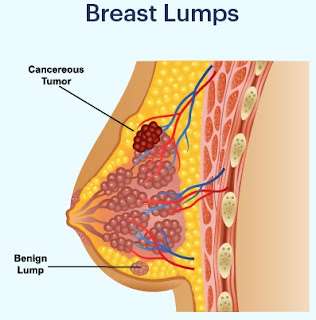Key Stretching Exercises for Winter Muscle Tension
November 19, 2024
Heart Health: Top Surgeon’s heart-healthy diet Secrets Revealed
November 13, 2024
Organic food: Is it worth the extra cost?
October 23, 2024
Benefits of Walking for Wellness: 10,000 Steps Myth
October 4, 2024
Which topical treatments work best for eczema?
September 24, 2024
Nutrition’s Role in Hair Loss Treatment: Vitamins, Minerals & Loss
September 10, 2024










